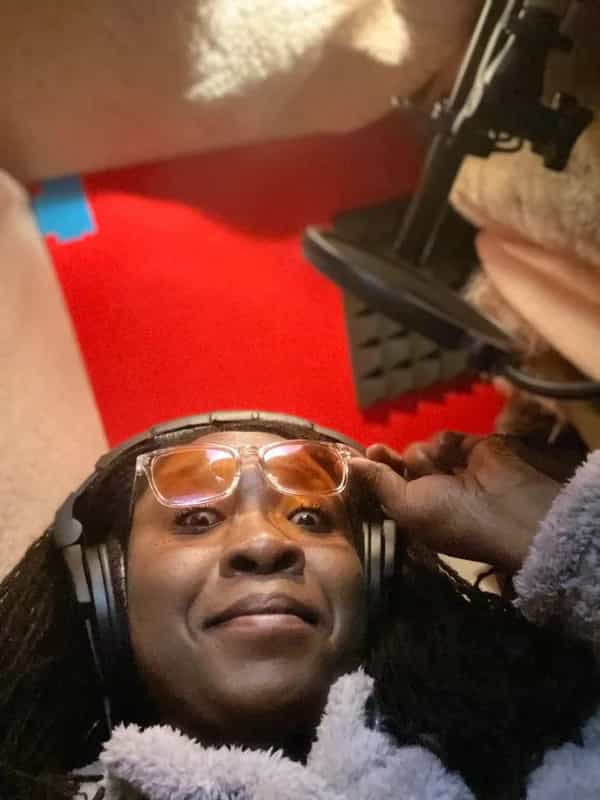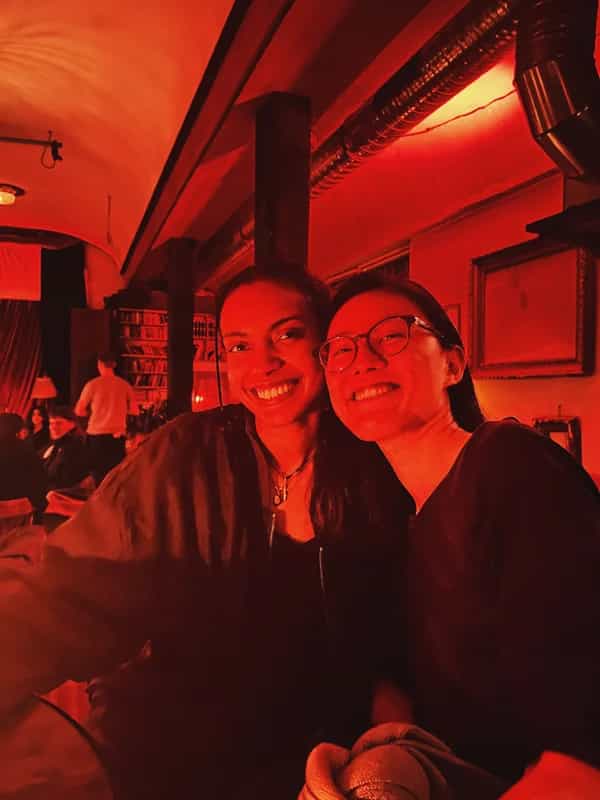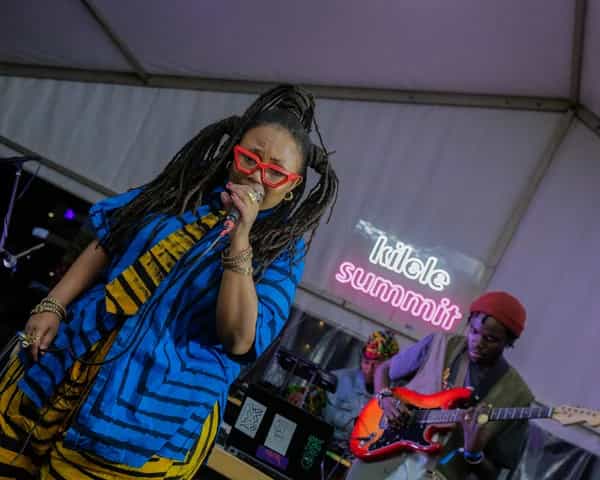


Mutfak dishes out diasporic and decolonial perspectives on food, family and fictions peppered with interviews, field recordings, sound archives and poetry. Our goal is to amplify lesser-heard voices and nurture transversal affinities across Afro-Asian diasporas.
We chat with performance poet and visual artist Quinsy Gario about the recent showings of Tracing a Memory Pt. III at Ballhaus Naunynstraße and its prior iterations, the role of refusals when thinking about archives, and what it's like to collaborate with your mother.
Toots & the Maytals — 54-46 Was My Number
Kassav' — Zouk la sé sèl médikaman nou ni
GIO Fuertisimo — Biba Bai Laga Nan
Third World — 1865 (96° In The Shade)
Photo: Annemarija Gulbe
With Guest: Quinsy Gario (Curaçao/St. Maarten/The Netherlands) is a performance poet and visual artist who focuses on decolonial remembering and disruption. His most well known work Zwarte Piet Is Racisme critiqued the racist Dutch practice of Black Pete. He is a 2017/2018 BAK fellow, 2017 Humanity In Action Detroit Fellow, a 2020 APASS graduate and a 2020/2021 Sandberg Institute Critical Studies Fellow. He was awarded among other prizes the Royal Academy Master Thesis Prize 2017, the Black Excellence Award 2016 and won together with Glenda Martinus and Jörgen Gario the Amsterdam Fringe Festival Silver Award 2015.
At Ballhaus Naunynstraße, Gario performed at the international performance festival Permanente Beunruhigung (Permanent Disturbance – 2017), gave the lecture When Artists Refuse (2023) and premiered GUTS: Glenda’s Unique Travel Stories (2023) in collaboration with Family Connection. Tracing a Memory Pt. III, first performed in 2023, is his debut solo work at Ballhaus Naunynstraße.
-600x745.webp&w=3840&q=50)






